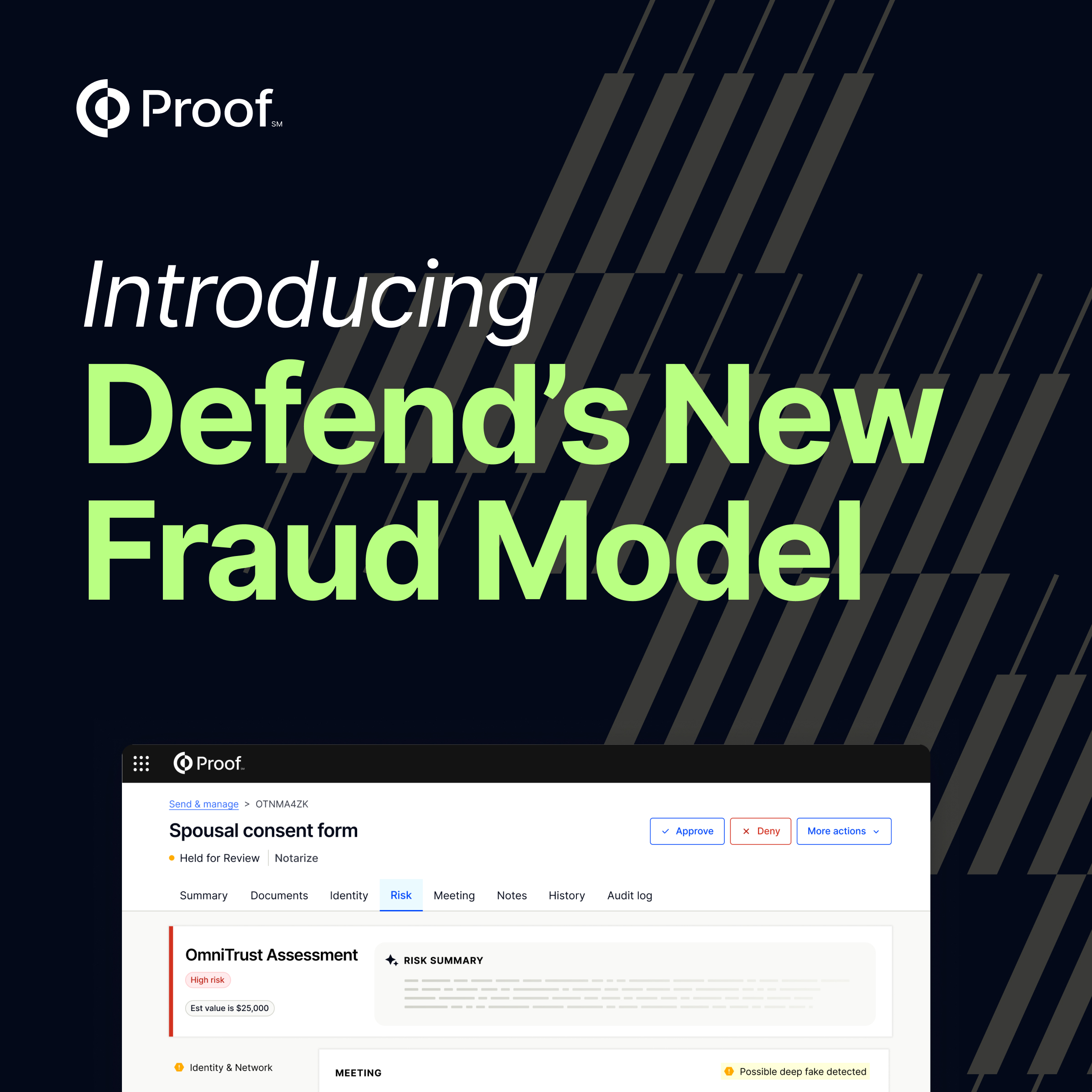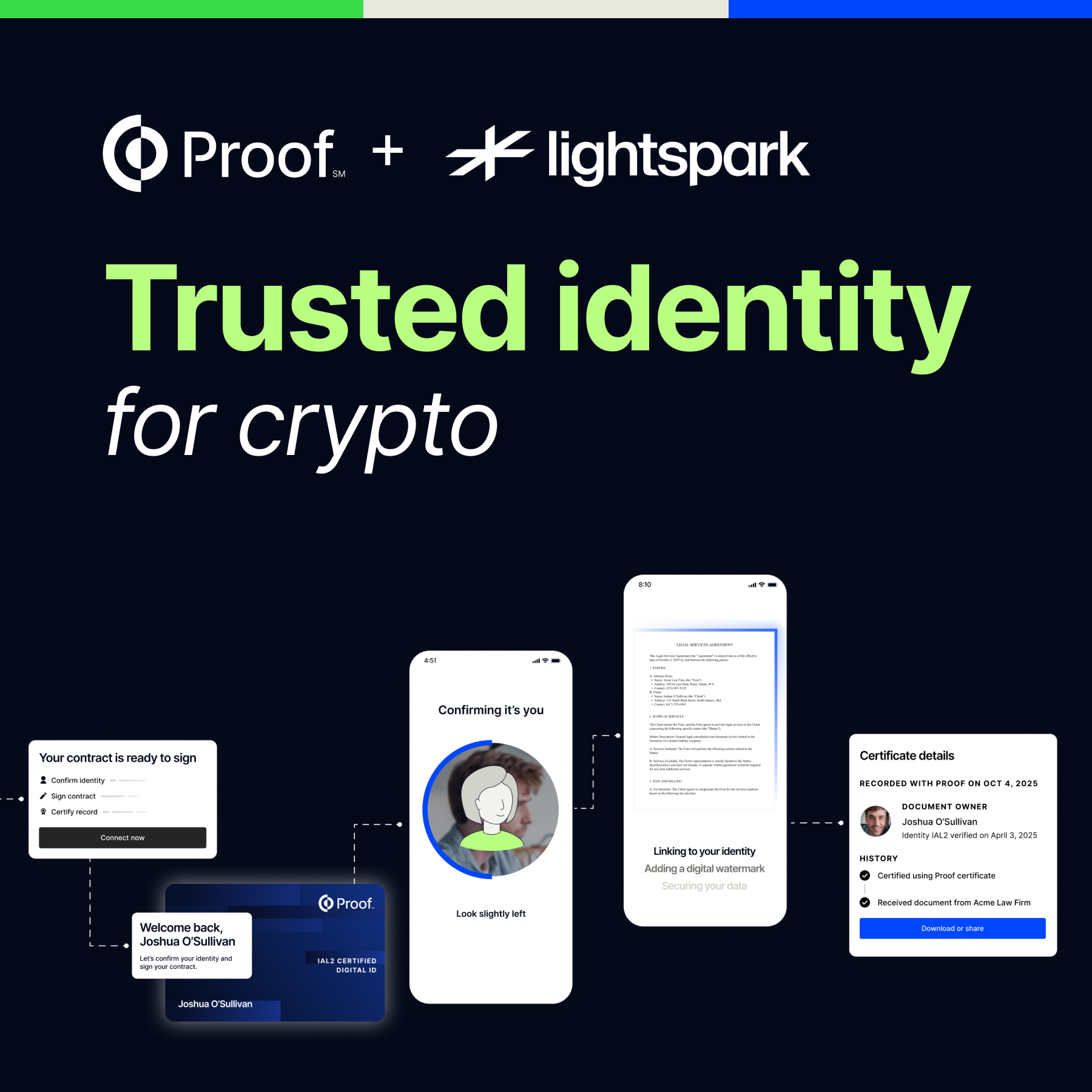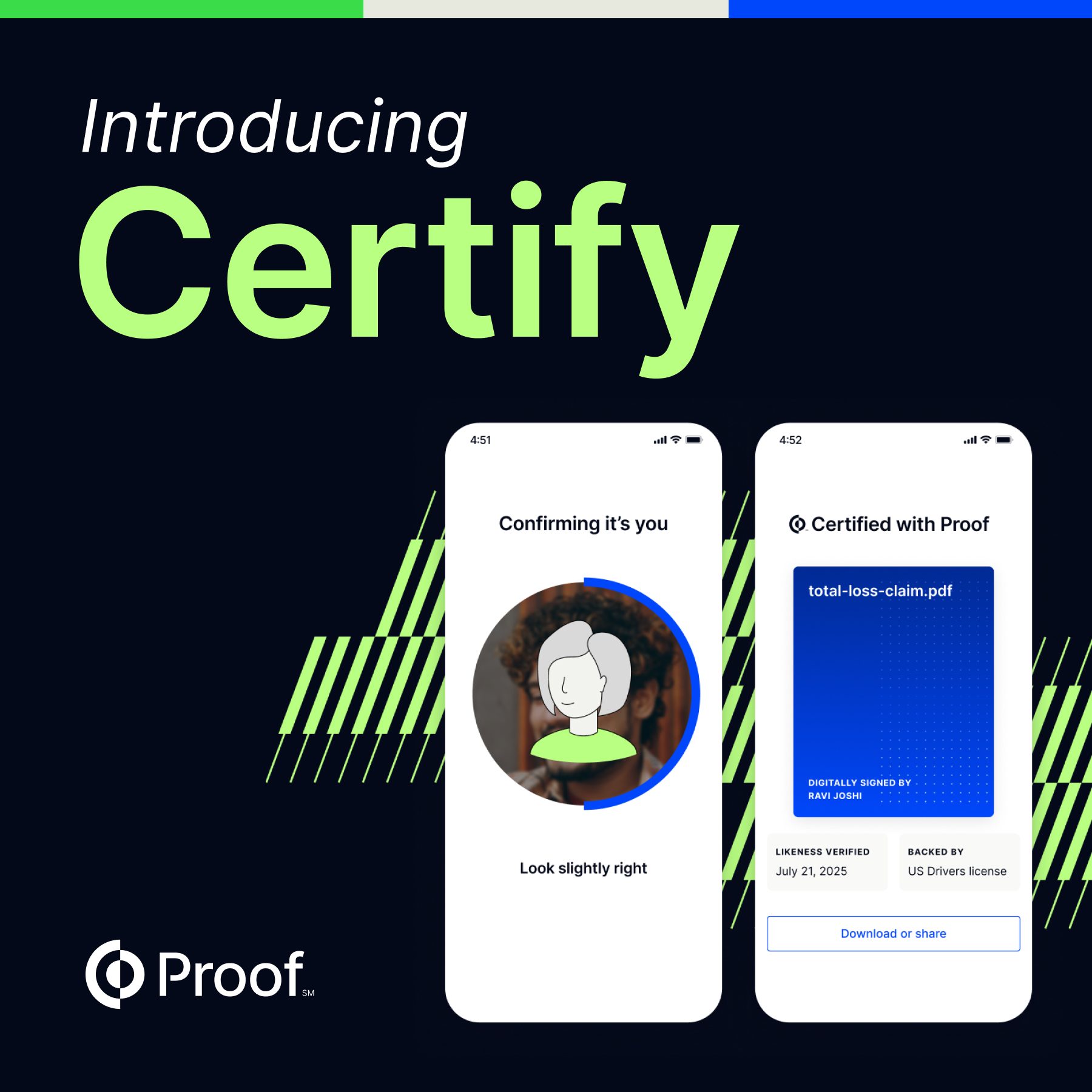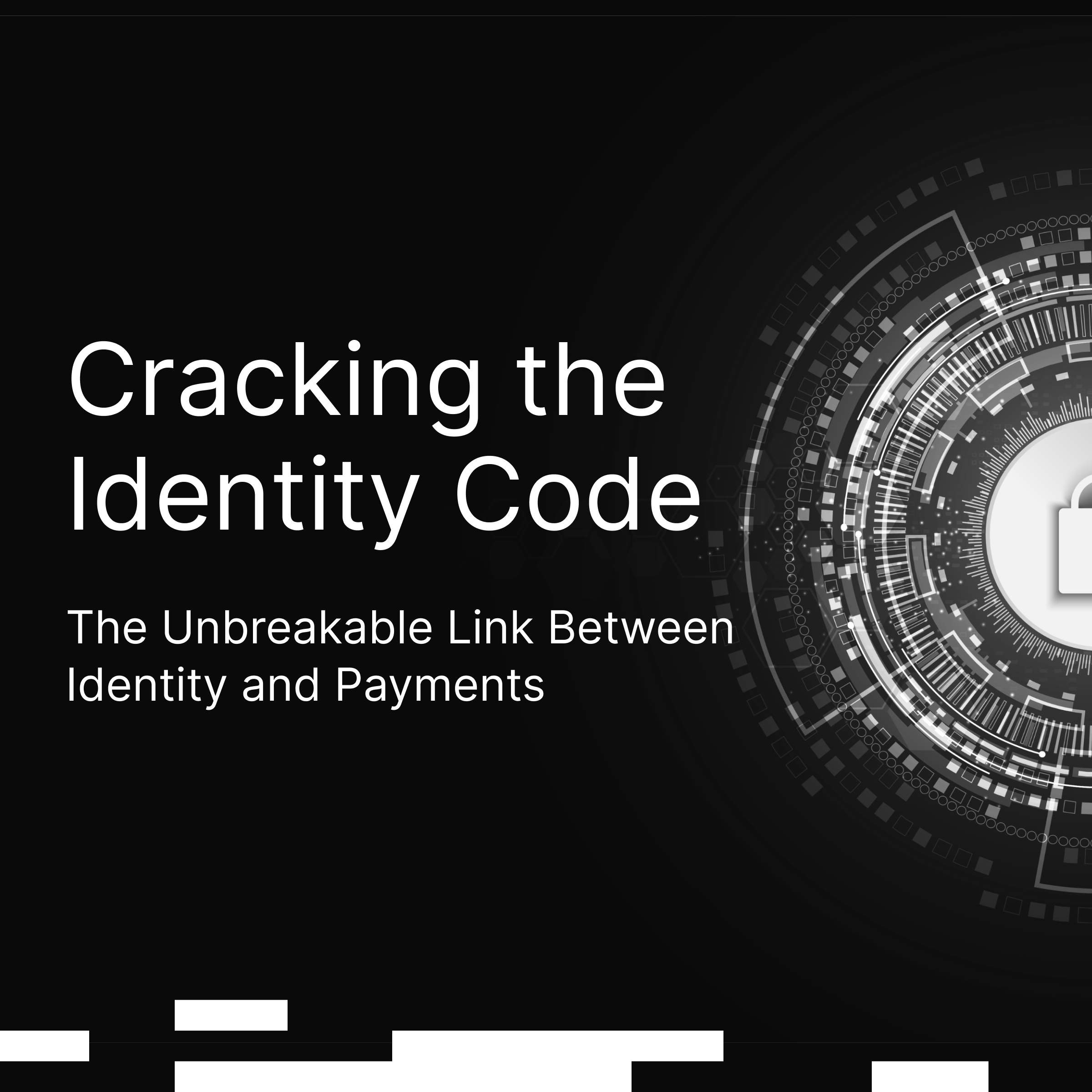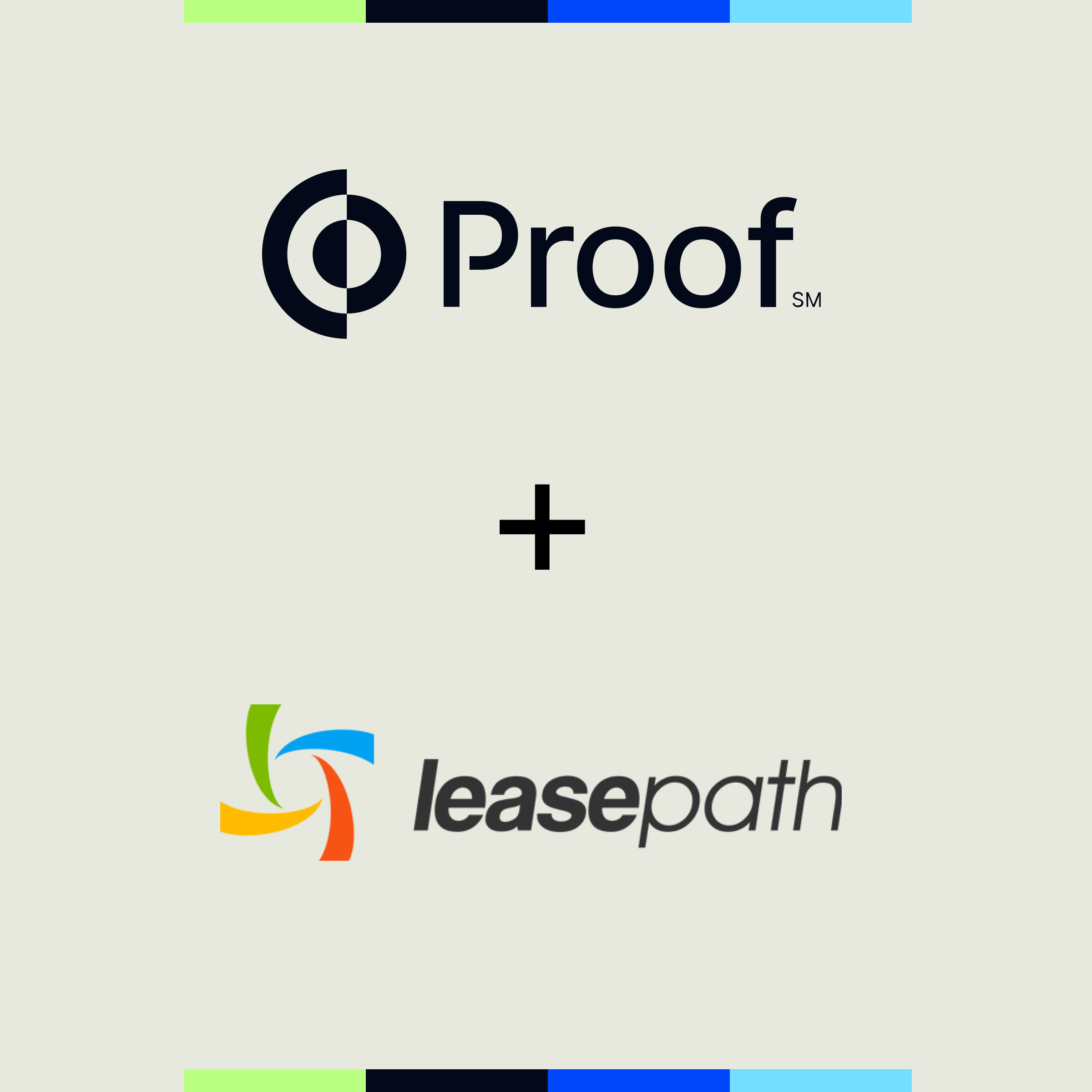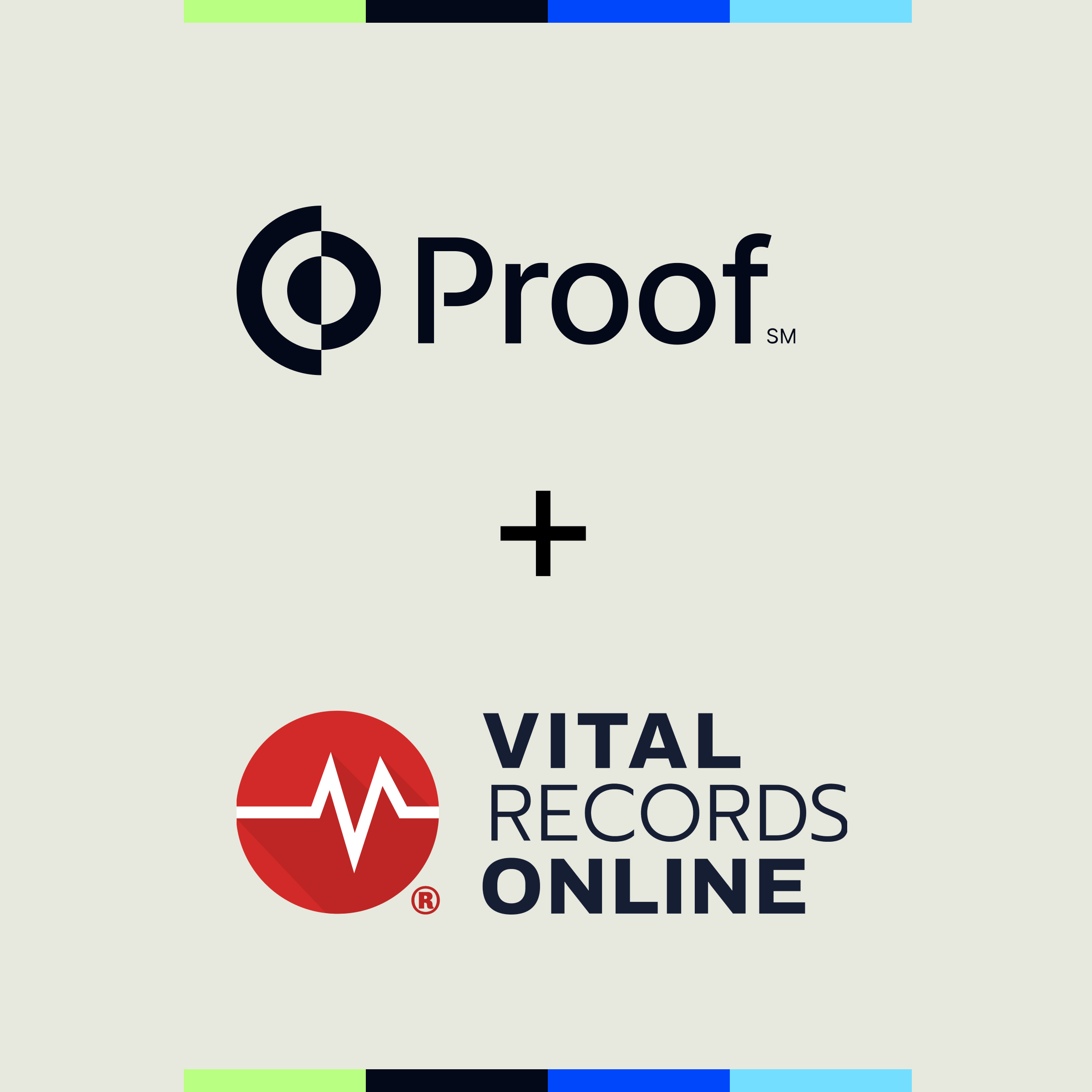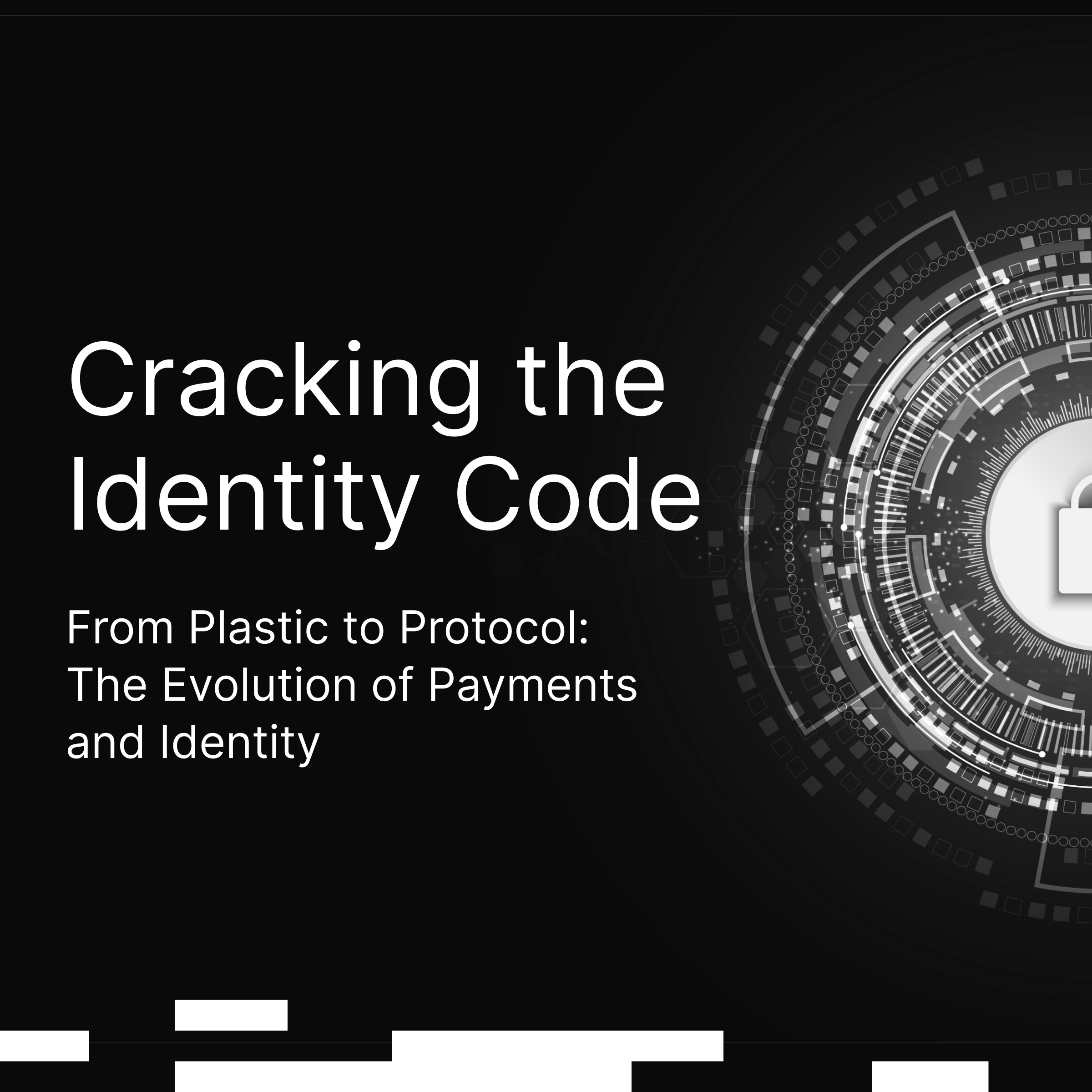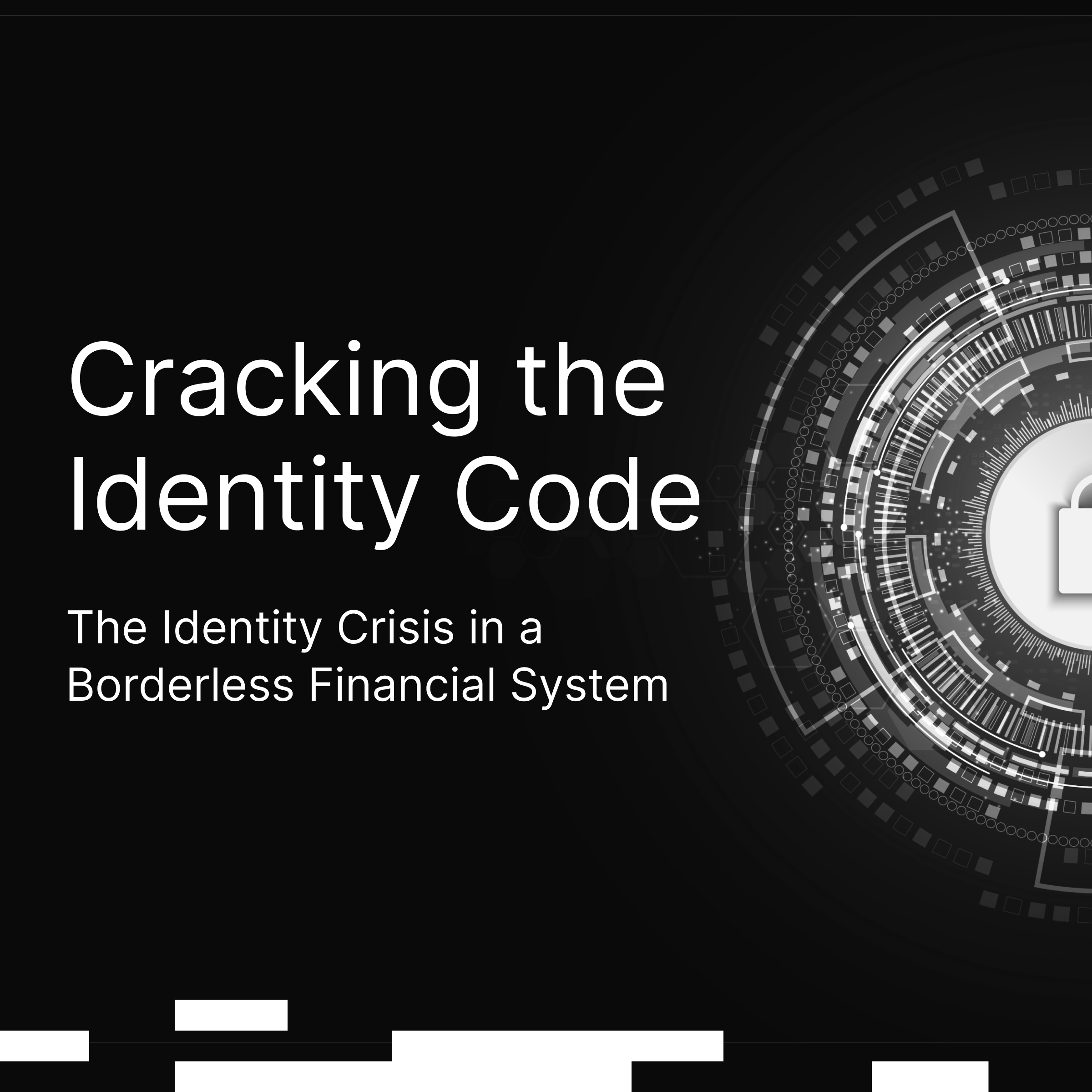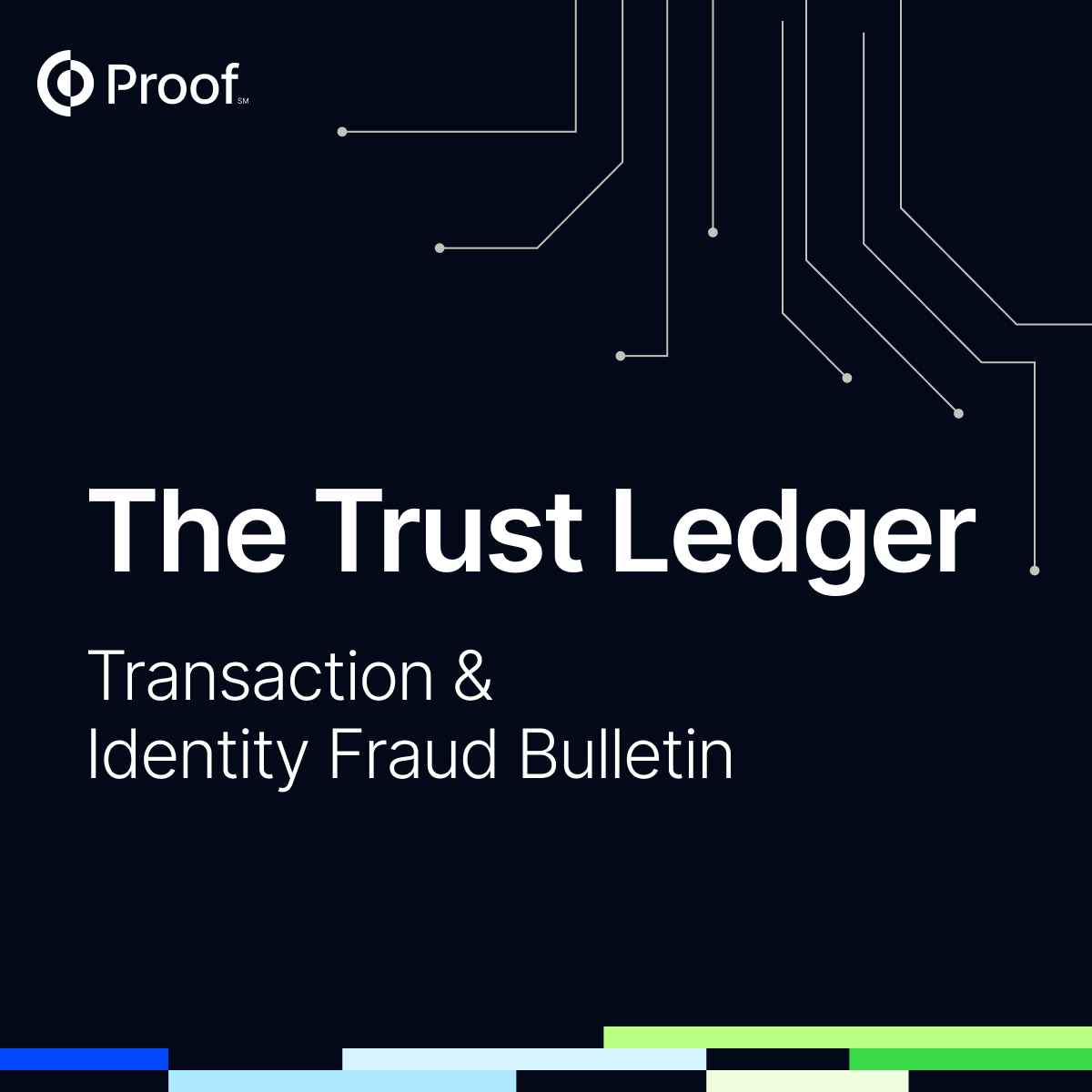KYC Verification: Common Mistakes and How to Avoid Them With Proof

Knowledge is power, particularly when it comes to understanding and implementing proper Know Your Customer (KYC) and Anti-Money Laundering (AML) processes. Yet, even the most well-intentioned businesses stumble at times when it comes to compliance. The consequences? Regulatory penalties, reputational damage, and increased risk of fraud.
In this blog, we’ll walk you through the most common KYC and AML mistakes businesses make- and what you can do to avoid falling into those same traps. Plus, we’ll look at how Proof goes beyond traditional KYC to build true identity authorization.
Why KYC Compliance Matters
Every organization handling financial or sensitive customer data needs to undergo rigorous KYC and AML processes. KYC regulations play a critical role in protecting businesses, even as today’s evolving fraud tactics call for stronger, modernized approaches to identity verification.
These frameworks serve to:
- Prevent financial crimes such as money laundering, fraud, and terrorist financing.
- Establish trust between businesses and their customers.
- Ensure compliance with global regulations and avoid hefty fines.
Despite their importance, businesses across industries often face challenges with implementation. It’s not something they can afford to overlook though; missing compliance requirements can be costly, both legally and operationally.
The 6 Most Common KYC/AML Mistakes Businesses Make
Let’s talk about some of the frequent errors that undermine KYC verification.
1. Relying On Manual Processes
Manually collecting, verifying, and processing customer data leaves businesses vulnerable to human errors, slow workflows, and the inability to scale. For example, employees can misidentify forged documents or miss updates to regulatory requirements, resulting in compliance gaps.
How to Avoid It:
Automate your KYC workflows with advanced KYC solutions. Proof streamlines identity verification using AI-powered tools to ensure accuracy and speed.
2. Failing to Adapt to Evolving Regulations
Compliance requirements are not static. Local laws, international regulatory bodies, and industry standards are constantly evolving. Businesses that fail to stay current on regulatory changes risk non-compliance, fines, and operational delays.
How to Avoid It:
Maintain a proactive approach. Proof helps you stay ahead of evolving compliance regulations with built-in safeguards, audit trails, and identity assurance backed by real humans, ensuring KYC compliance for each transaction.
3. Ineffective Customer Onboarding
A slow, confusing, or overly complex onboarding process can frustrate customers and lead to higher dropout rates. Worse, skipping vital verification steps during onboarding can allow fraudulent actors into your system.
How to Avoid It:
Invest in seamless onboarding and user-friendly verification systems. Proof offers features like biometric verification and real-time selfie comparisons, keeping your customers secure while providing a smooth experience.
4. Overlooking Ongoing Monitoring
In today’s regulatory environment, maintaining KYC compliance can give businesses a false sense of confidence that they’re “doing enough.” However, maintaining strong customer identification only during initial onboarding is no longer enough. Knowing your customer shouldn’t be seen as just a one-time thing. Businesses need to maintain ongoing monitoring of existing customers, to ensure they’re not missing important flags like unusual transaction patterns, expired documentation, or data inconsistencies.
How to Avoid It:
Implement continuous transaction monitoring and periodic document updates. Proof helps businesses proactively secure their operations with liveness checks and automatic flags for suspicious activity.
5. Neglecting Fraud Prevention
Fraud is constantly evolving. Businesses focused solely on meeting baseline requirements may overlook vulnerabilities that fraudsters exploit, such as using synthetic identities or deepfake technology.
How to Avoid It:
Enhance fraud detection by pairing AI tools with solutions like Proof’s deepfake detection and database checks, ensuring IDs are verified in real-time against government records.
6. Ignoring Geographic-Specific Requirements
Global businesses must contend with varying compliance regulations across different jurisdictions. Failing to account for these regional differences can lead to severe legal penalties.
How to Avoid It:
Use localized identity checks for KYC verification. Proof offers automated workflows with built-in geographic flexibility that can ensure compliance in regions like the U.S., EU, and beyond.
How Proof Helps Businesses Go Beyond Traditional KYC/AML
Proof’s identity authorization network is a game changer for organizations looking to fight back against modern fraud threats that require more than baseline KYC/AML compliance. With features designed to address these threats head on and mitigate risks, here’s how Proof can empower your business:
- Biometric Verification with Liveness Detection: Verify that the customer behind the screen matches the ID they’ve provided. Detect and reject deepfakes or stolen identities with Proof’s liveness check and real-time biometric comparison.
- Multi-Step Identity Verification: From SMS authentication to credential analysis, Proof executes over 25 verification checks on submitted IDs, ensuring every customer meets the highest standard of authentication.
- Enhanced Fraud Detection: Catch fraudulent IDs and risky transactions with AI-driven insights. Proof flags inconsistencies in real-time, saving you from reputational damage or legal headaches.
- On-Demand Identity Agents: Complement advanced AI capabilities with 24/7 access to trusted referees and manual identity verifications when additional scrutiny is required.
- Scalable and Flexible Solutions: Whether operating locally or globally, Proof's customizable KYC verification processes adapt to your specific business model and growth goals.
Take Action Against KYC/AML Pitfalls
Avoiding fines, ensuring compliance, and safeguarding your business against fraud are achievable goals—but only when you combine strategic oversight with powerful tools. By addressing these common mistakes and leveraging platforms like Proof, businesses can stay ahead of evolving threats.
Now’s the time to assess whether your current compliance measures are truly effective. Are manual processes slowing you down? Are you prepared for rapid regulatory changes? Take the first step toward a more secure future and explore how Proof takes identity authorization and compliance to the next level.









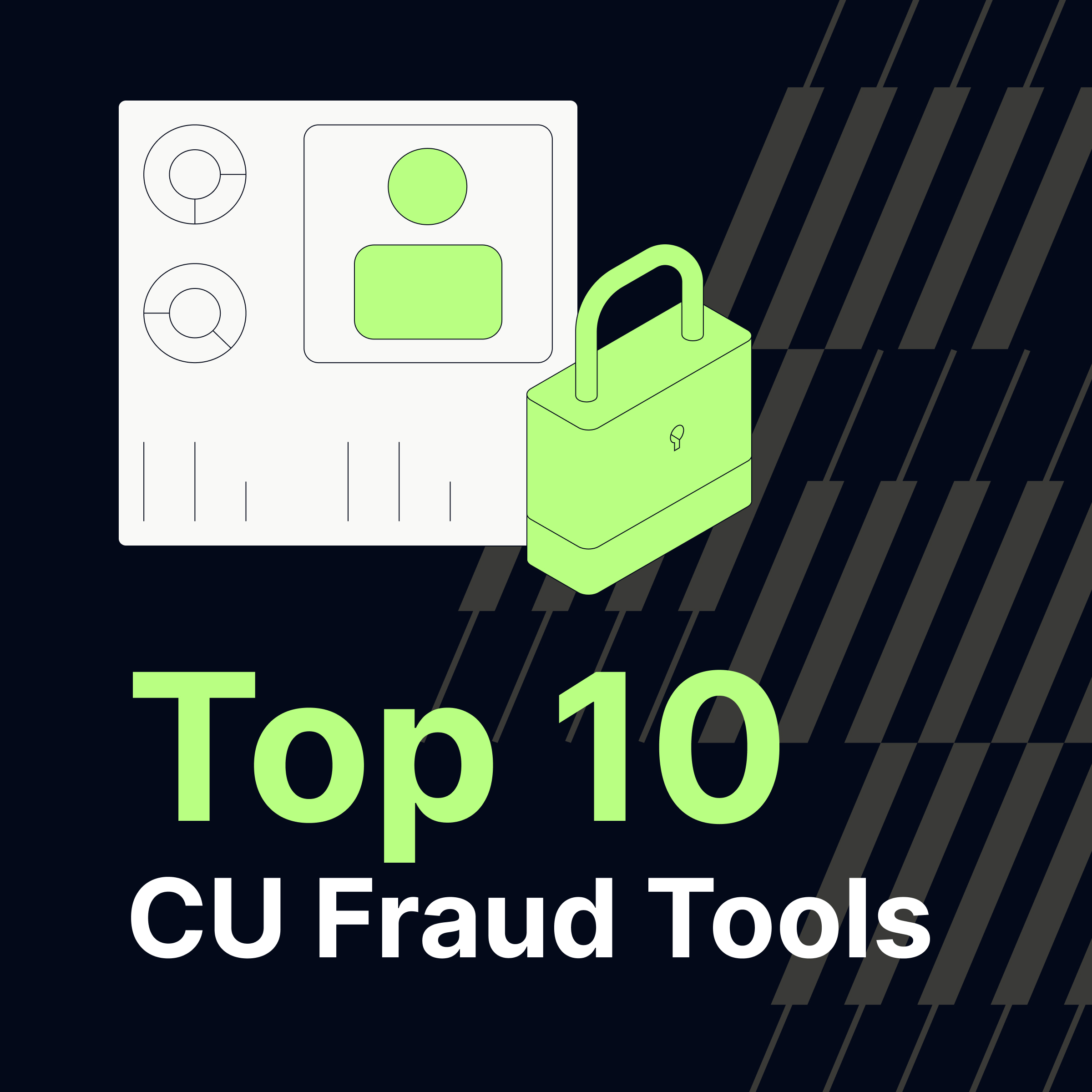

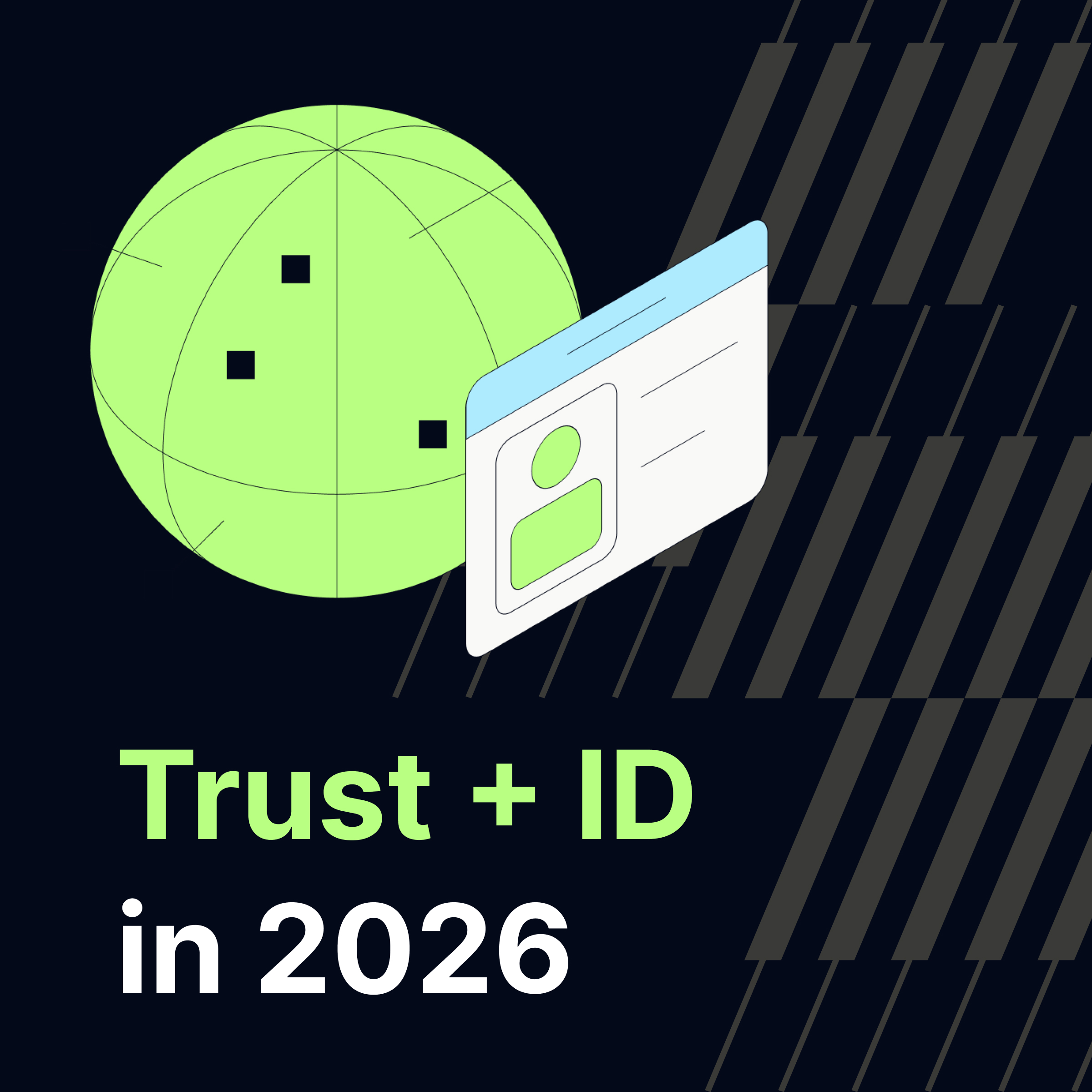

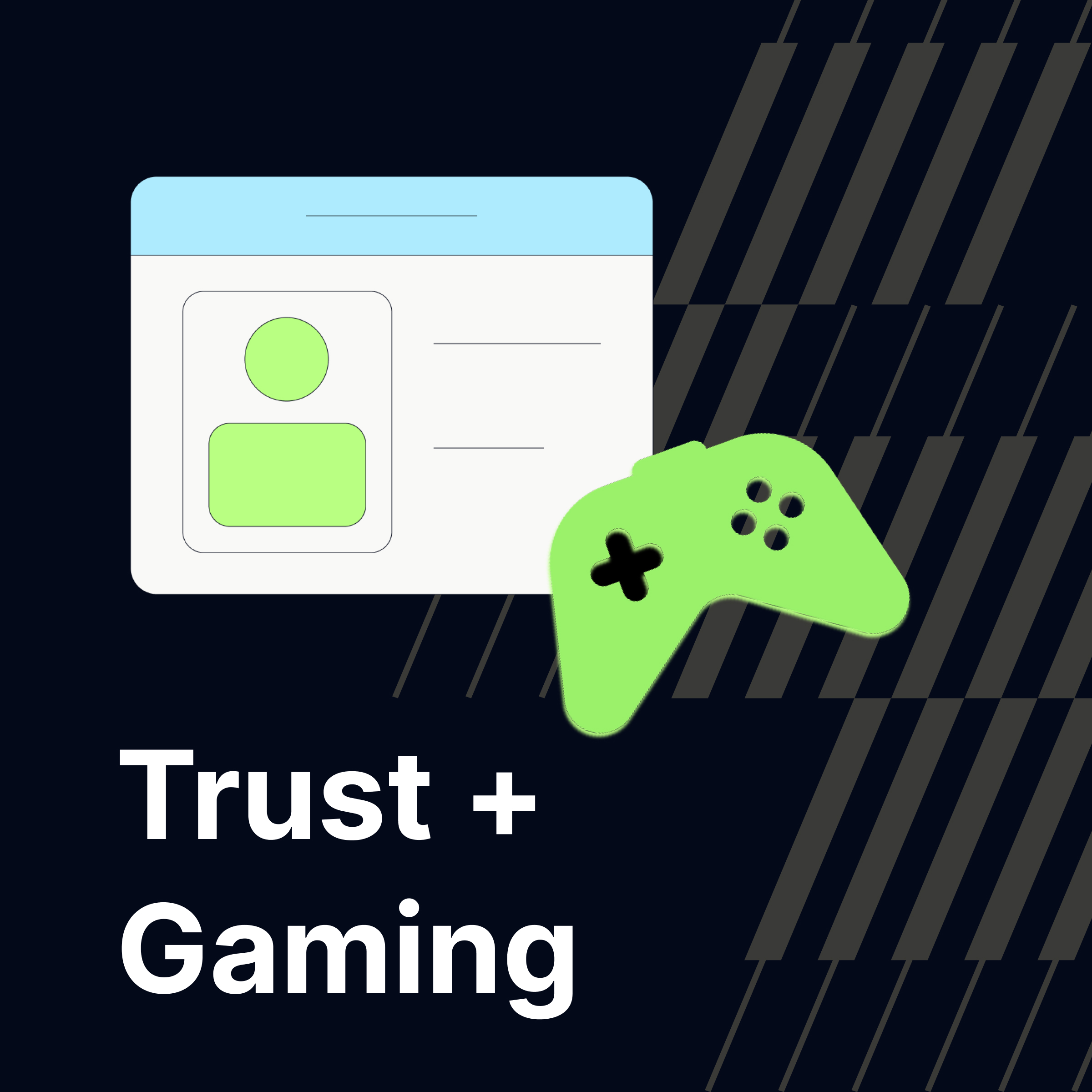

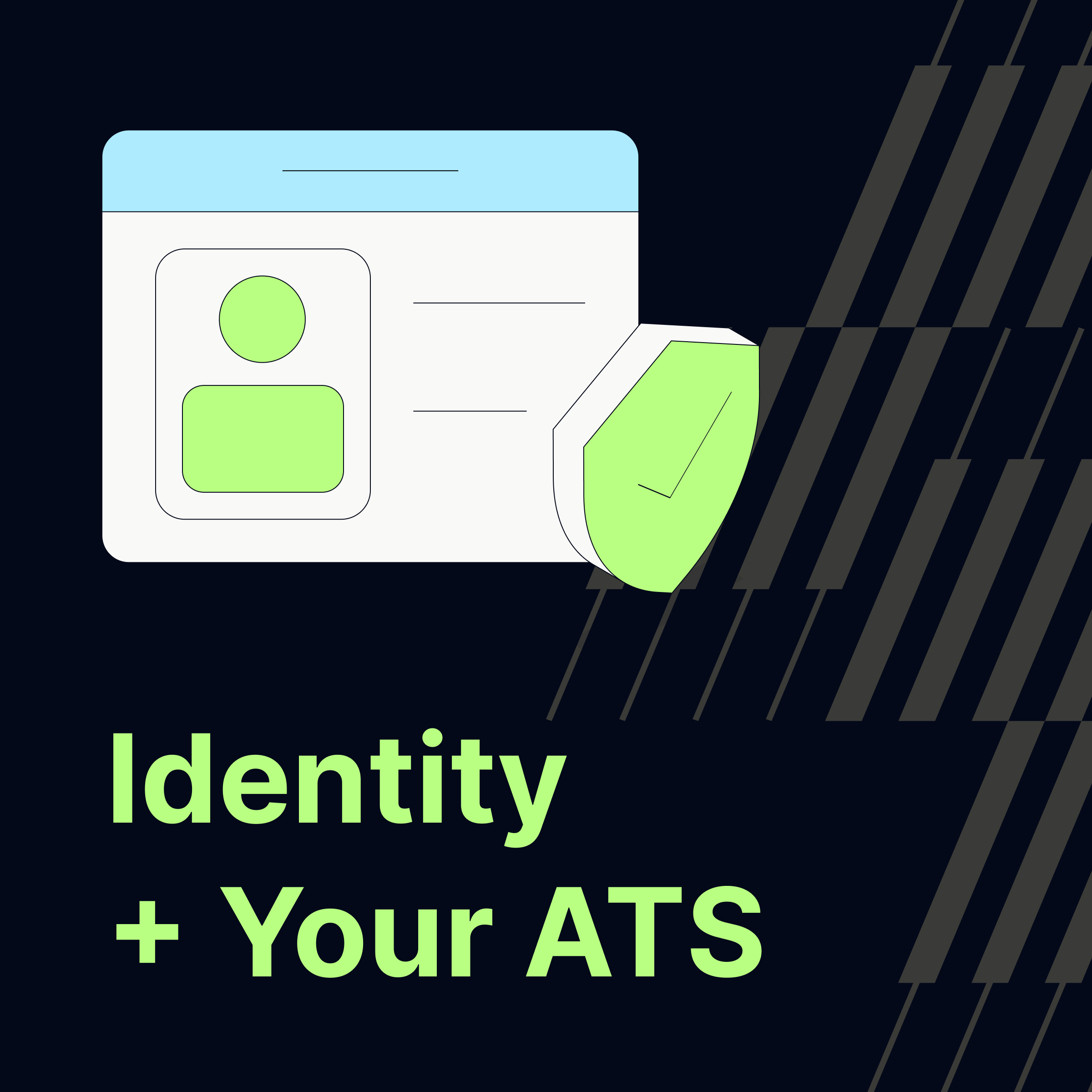

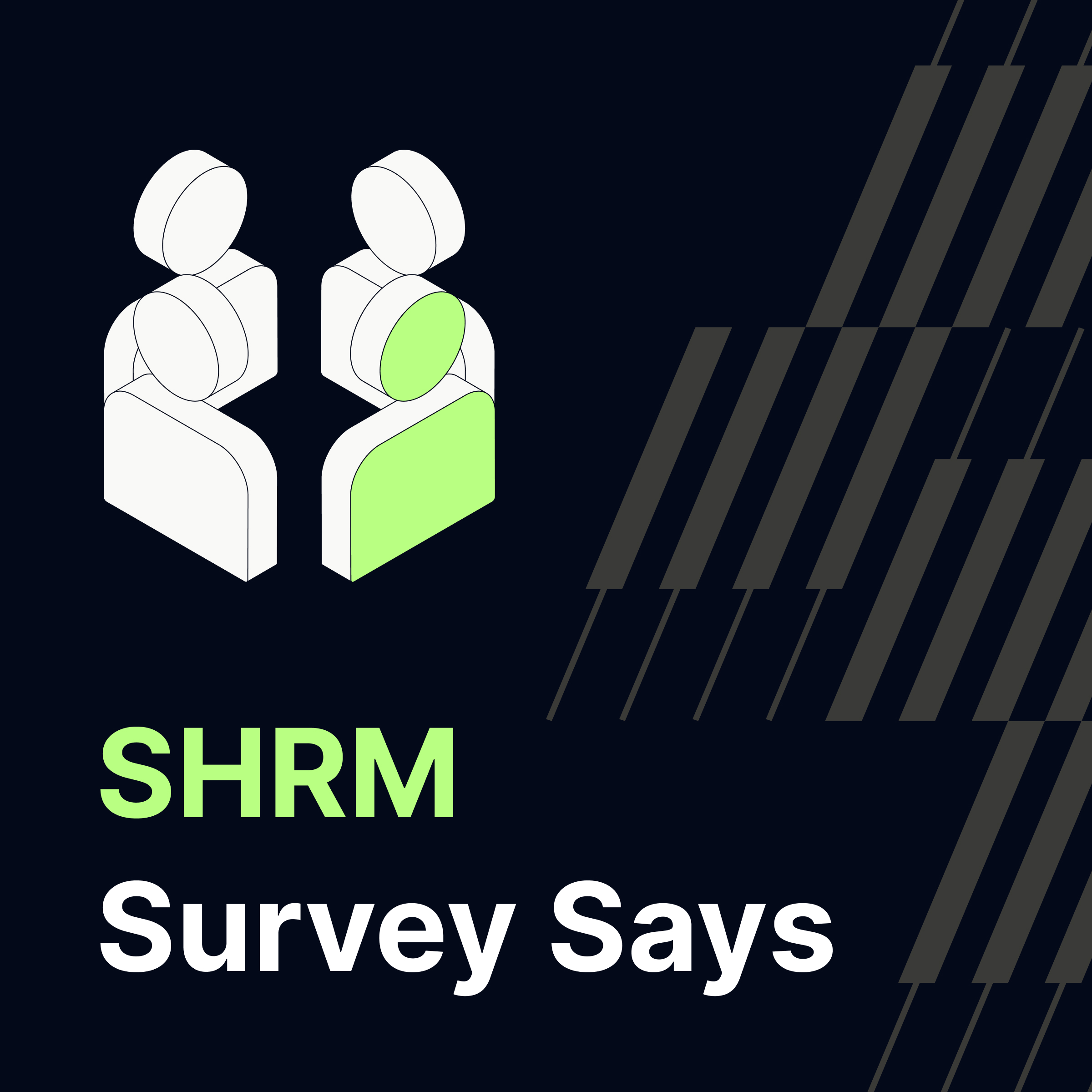
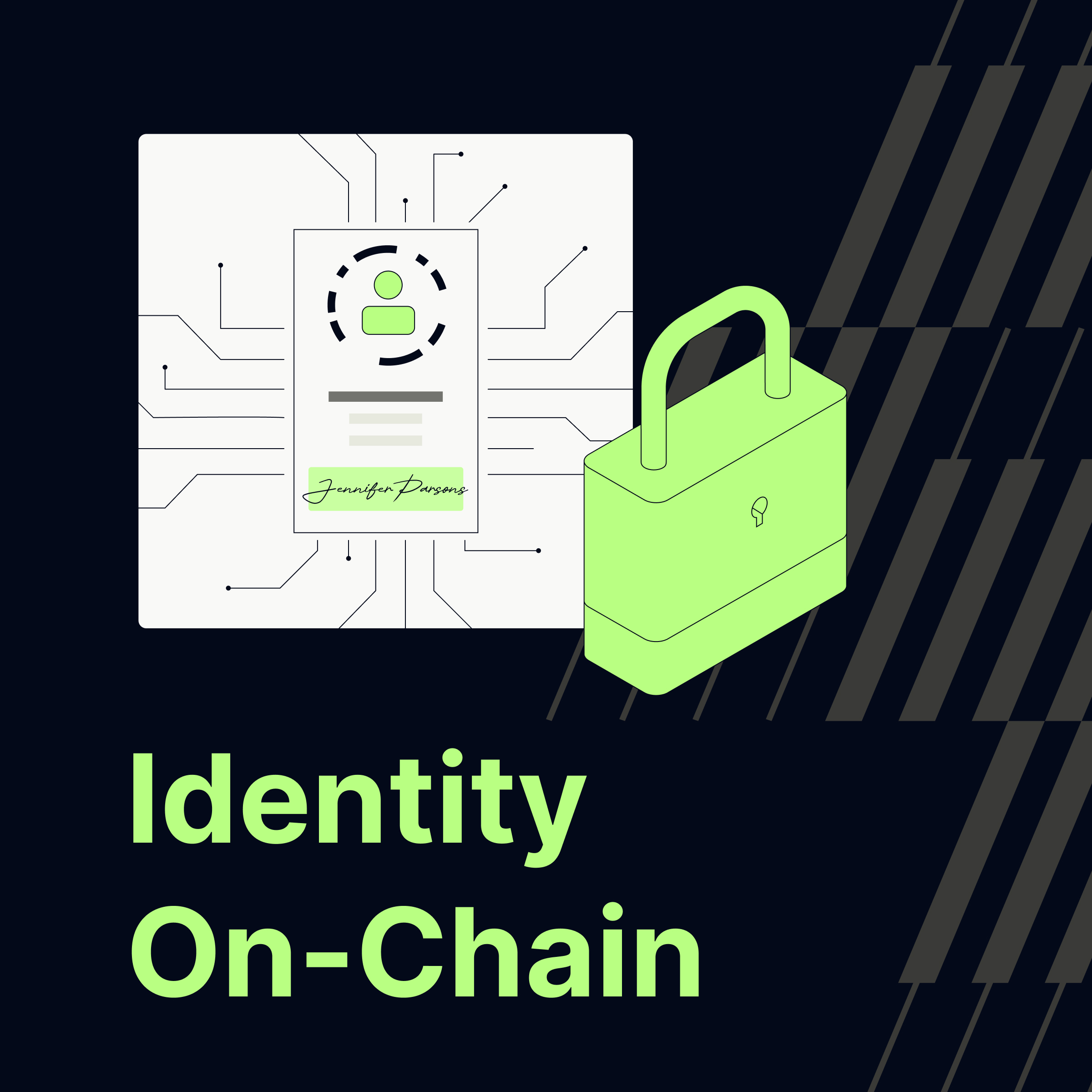

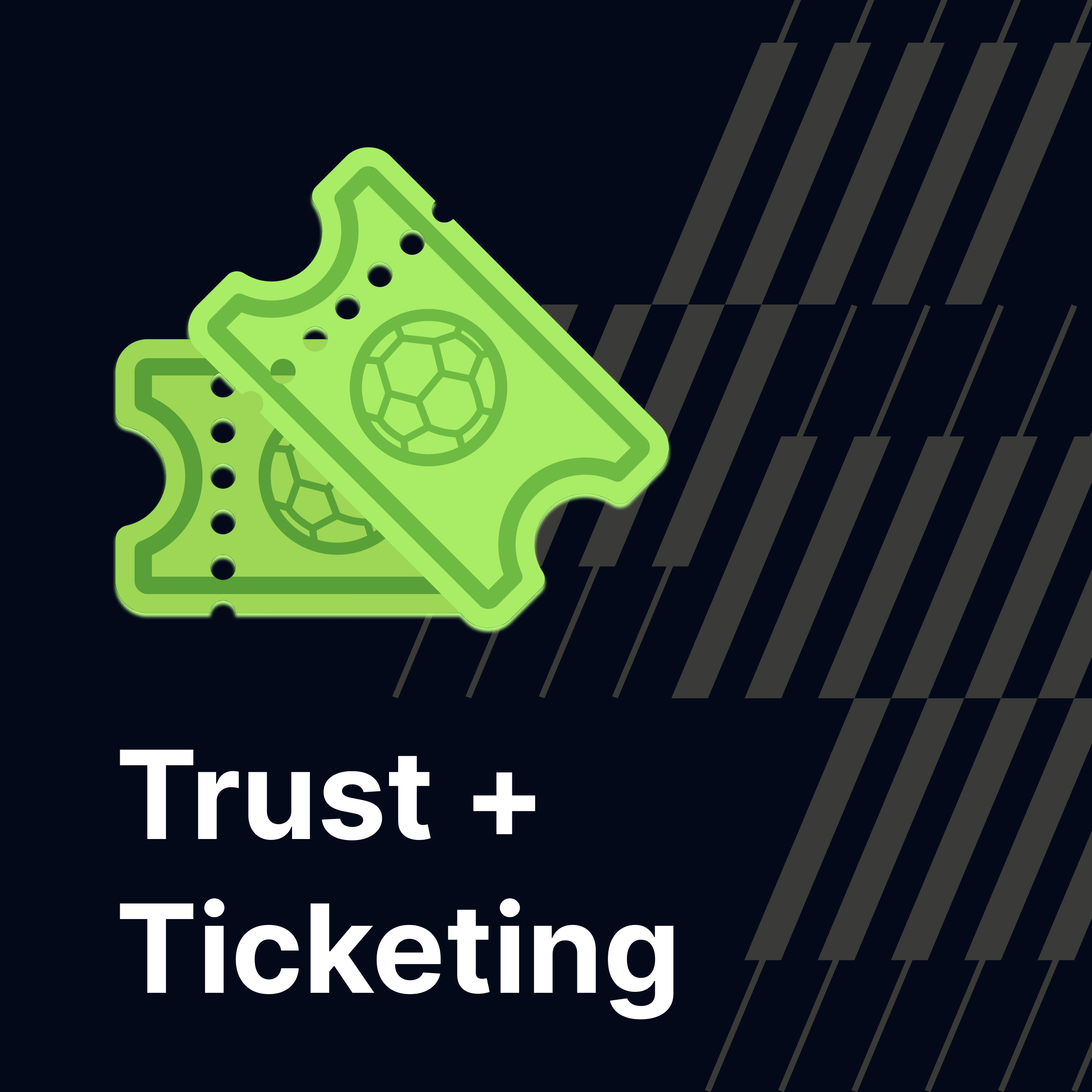
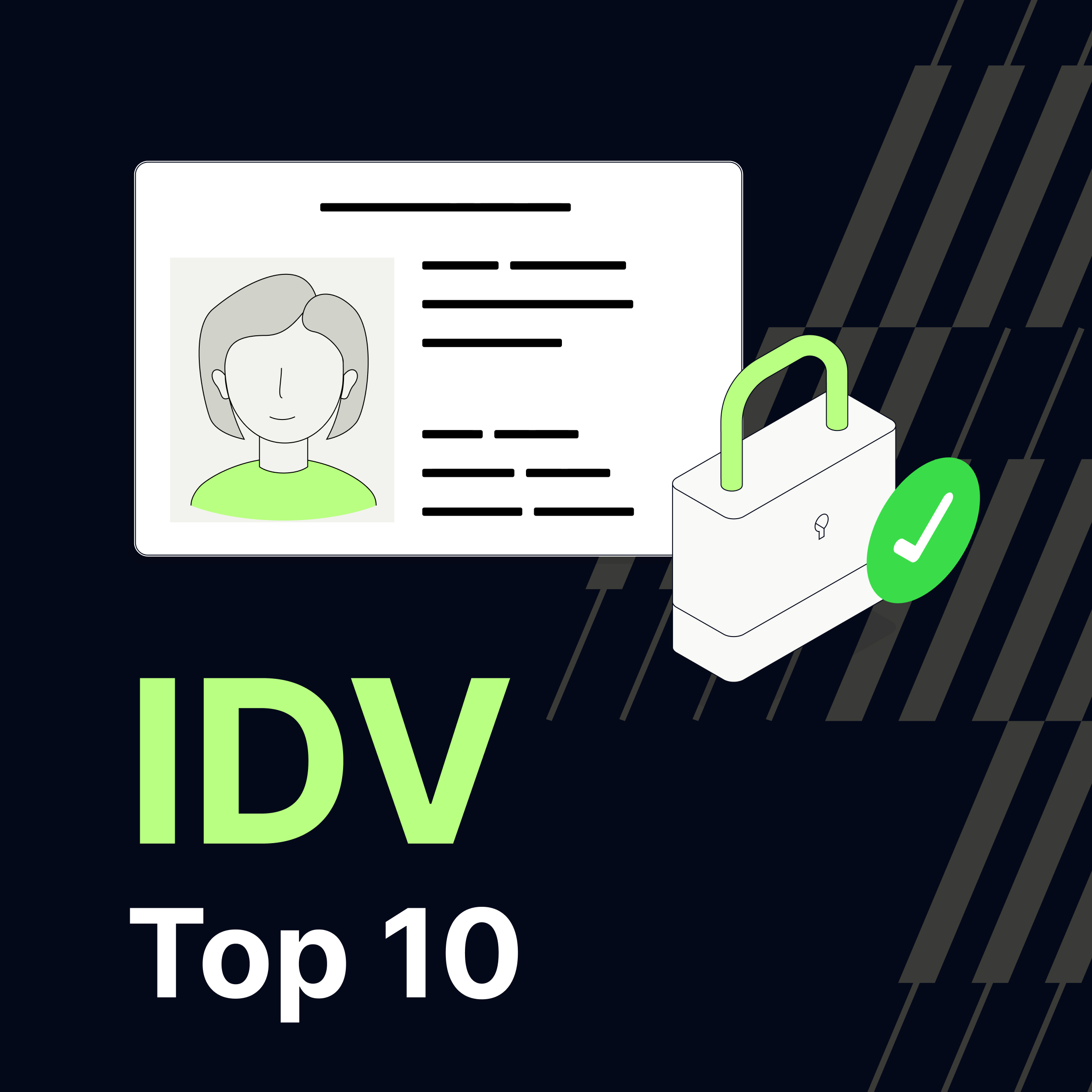






































.png)

.jpg)
